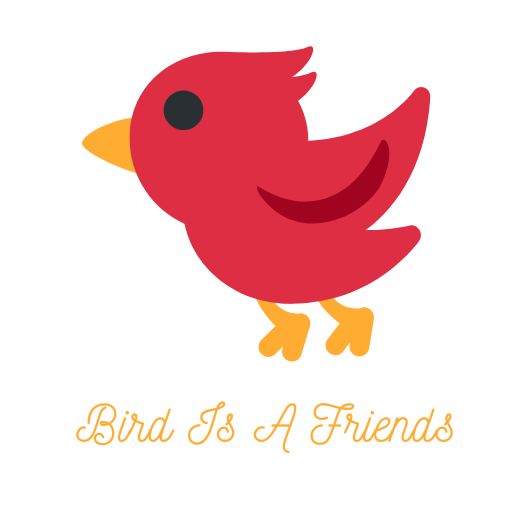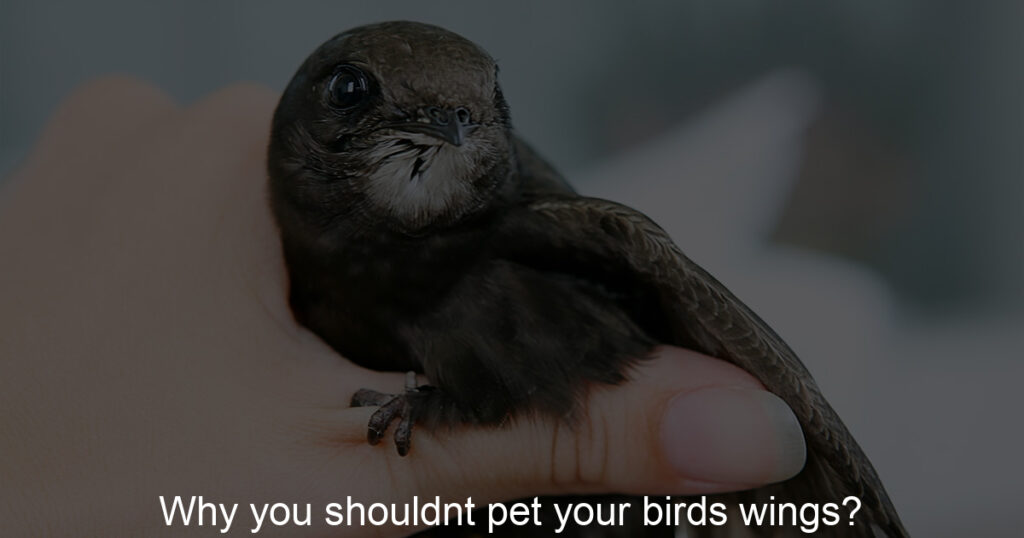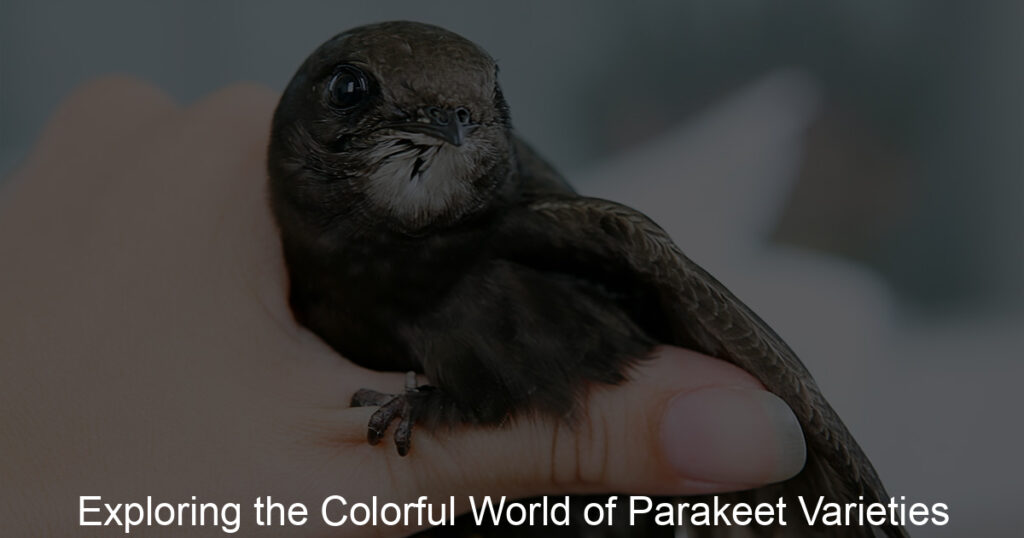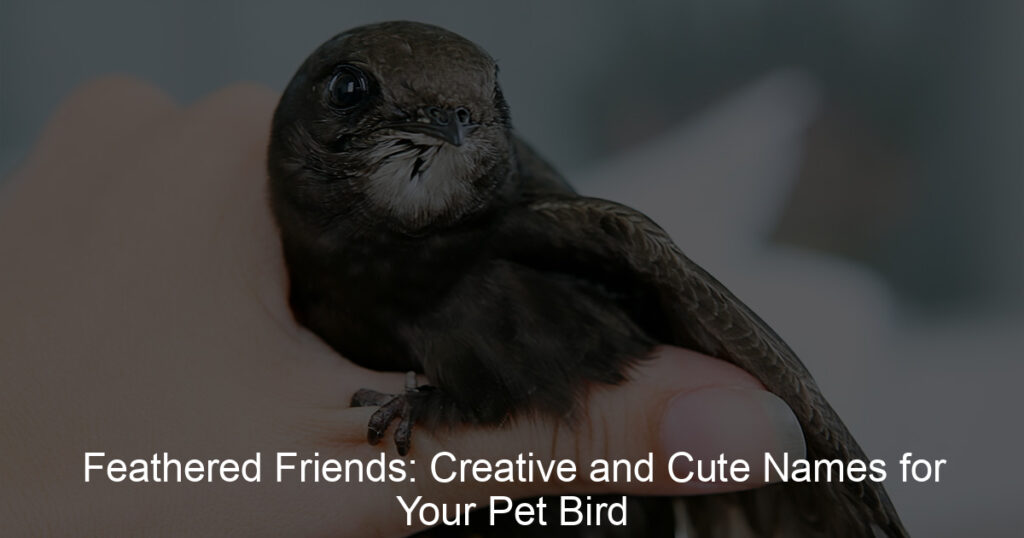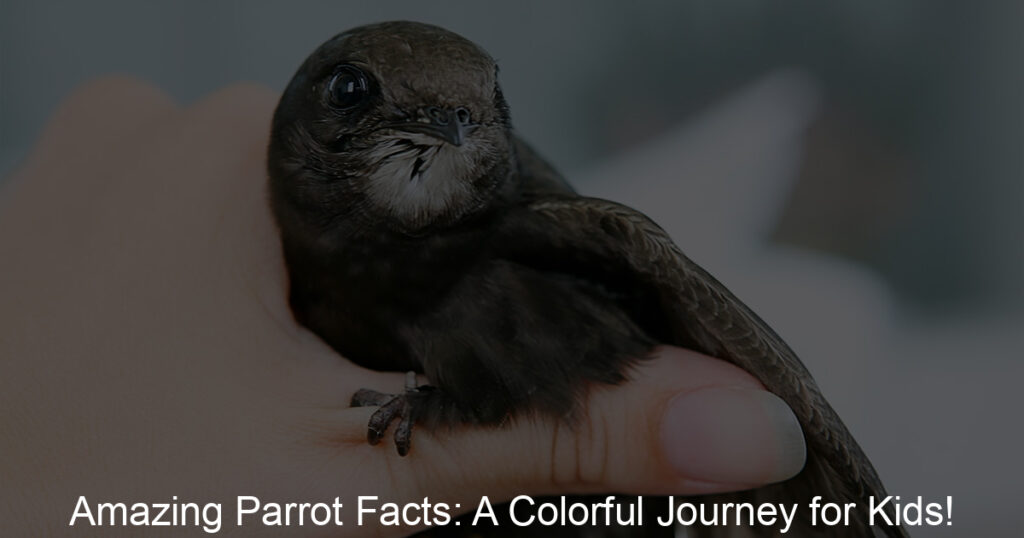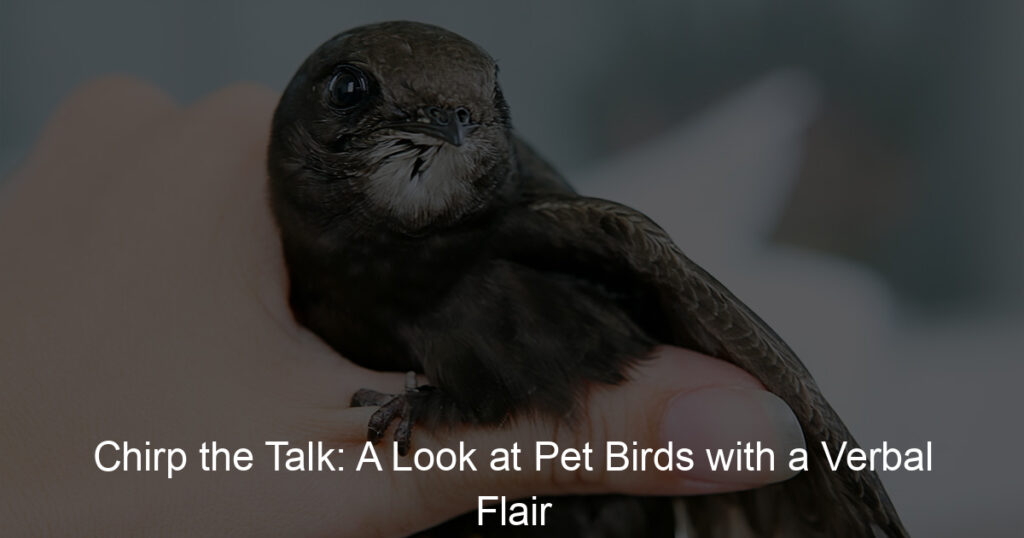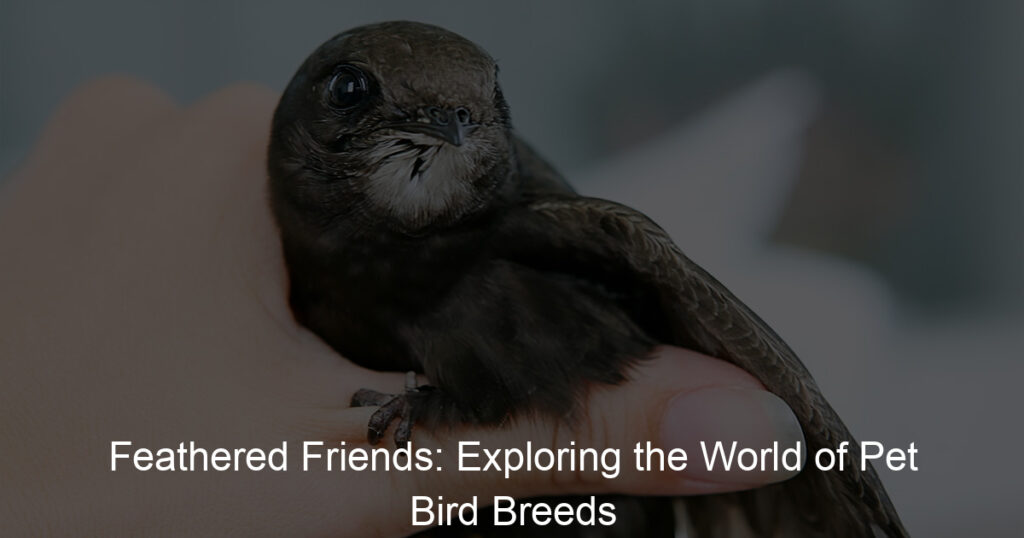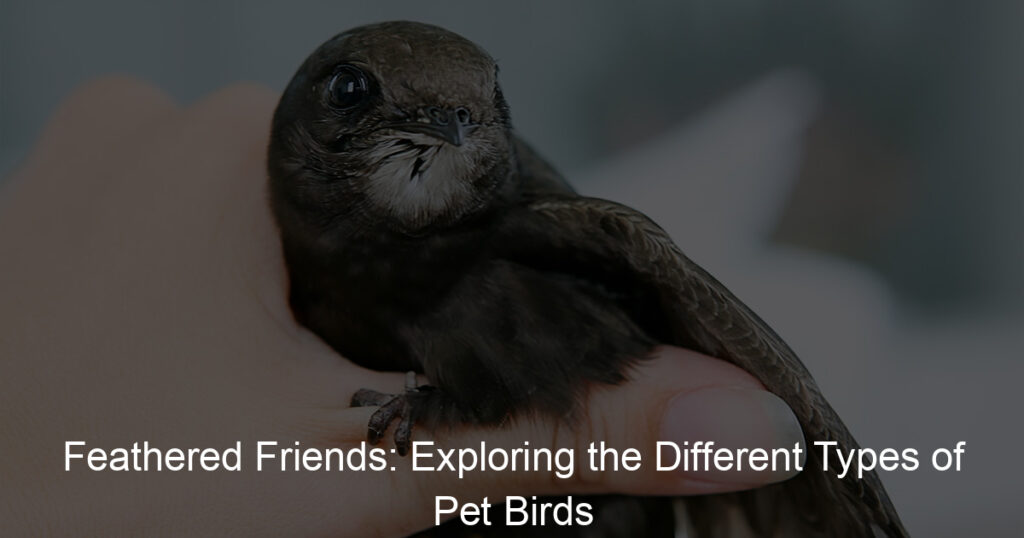Though you may think it’s harmless, stroking your bird’s wings can actually be quite harmful. Here’s why you shouldn’t pet your bird’s wings.
Should you pet a bird’s wings?
Petting a bird’s wings is a popular activity for many pet owners, as it provides both birds and humans with neurological satisfaction. However, doing so is not without controversy. While some experts advocate the practice, citing its relaxing effects on birds, others refute the notion, claiming it can lead to psychological problems over time.
Therefore, while there are legitimate arguments to be made in either case, it may ultimately come down to personal preference. It should be noted that whatever you decide, it’s important to approach gradually as too much or sudden contact could startle your pet bird and reduce its level of trust toward you.
Is it harmful to clip Birds’ wings?
Clipping birds’ wings have been a longstanding way to keep some pet species from flying away and is often seen as a convenient method of controlling their movement. However, many animal experts are beginning to view this practice as not only unnecessary but also damaging in the long run.
Not only can it lead to an imbalance in the bird’s sense of equilibrium and cause difficulty when trying to land after maneuvering around obstacles, but it can also affect their overall physical health due to the level of strain that they experience while flying. What’s more, there have been studies showing that wing clipping can lead to increased levels of stress for birds, resulting in a decrease in their quality of life.
In short, it’s best for pet owners to consider other ways to contain their animals that don’t impede on their natural abilities or inflict any potential harm.
Are bird wings sensitive?
Bird wings are known for their impressive and delicate features. There are lots of muscles and feathers packed into such a small space and this allows the bird to perform incredible feats in the air. Not only that but bird wings have been found to be very sensitive too! Wings feature an array of nerve endings that allow birds to sense temperature change, wind direction, nearby prey, and predators.
Those sensory capabilities enable precise movements in flight and factoring them into evolutionary success means birds have mastered the sky over time!
Can you touch a parrot’s wings?
Touching a parrot’s wings can be a tricky thing. While parrots are usually quite comfortable with being handled and even picked up, touching their wings is generally not welcome. Parrots have delicate feathers that need to be kept in good shape and some may take offense if their wings are touched due to the sensation it creates on their skin.
It is important to start off slow and build your bird’s trust before attempting to touch its wings, with usually only the vet being allowed to do so. Building up trust is key as you want your parrot to enjoy every interaction they have with you!
Are bird wings sensitive to touch?
It has long been suspected that bird wings are highly sensitive to touch, and recent studies have gone a long way to back up this theory. Using tracking technology, scientists have identified the nerve cells in birds’ wings that indicate tactile feedback, suggesting that their feathery appendages may in fact be able to detect subtle changes when they come into contact with something.
Even more incredibly, it appears that some species of birds are able to sense vibrations within the air and react accordingly; sometimes even feeling winds before they reach the ground. This can help them stay safe from aerial predators and live through strong bouts of weather. All of this begs the question: what other capabilities do bird wings possess?
Their mysterious yet powerful receptiveness could still have much more to tell us about nature and its complex interconnections.
Is it cruel to clip a parrot’s wings?
Clipping a parrot’s wings is a highly debated topic, as some believe it’s necessary for the bird’s safety while others see it as an inhumane form of animal cruelty. While there are pros and cons to consider, one of the most important things when considering clipping wings is that it should only be done if absolutely necessary.
Clipping should generally be avoided when possible, as parrots rely on their full range of movements like flying and flapping their wings to keep them emotionally and physically healthy. If done correctly, with the bird’s well-being kept in mind at all times, then clipping should be accepted as a part of responsible parrot ownership.
Conclusion
In conclusion, while it might seem like a nice thing to do, petting your bird’s wings is actually doing more harm than good! By petting their wings, you are potentially putting the poor feathered fellow at risk for severe injuries that could be fatal. Not only is this a dangerous practice for your beloved bird, but you could also be unknowingly teaching it bad habits that would lead to ongoing stress and ill health for the rest of its life.
When it comes to caring for your feathered friend’s health, avoid petting its wings and opt instead for using food-based rewards as an alternative form of reward or showing love. Focusing on these types of activities helps create strong relationships between people and birds – which are sure to make both parties happy in the end.
And if you’re ever uncertain about what kind of care or attention your birds desire, speaking with experts in avian behavior can always ensure that your birds’ wellness is taken care of!
